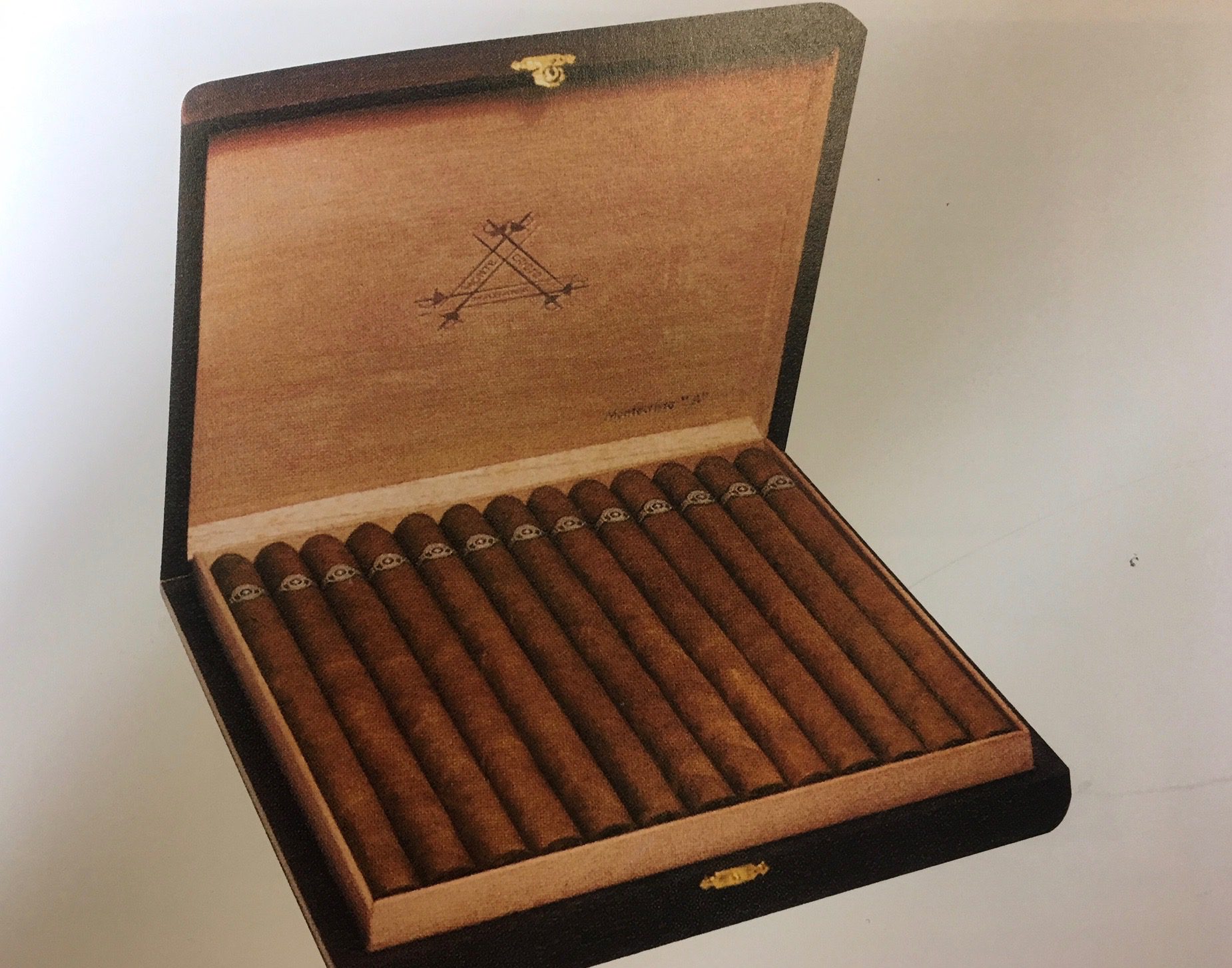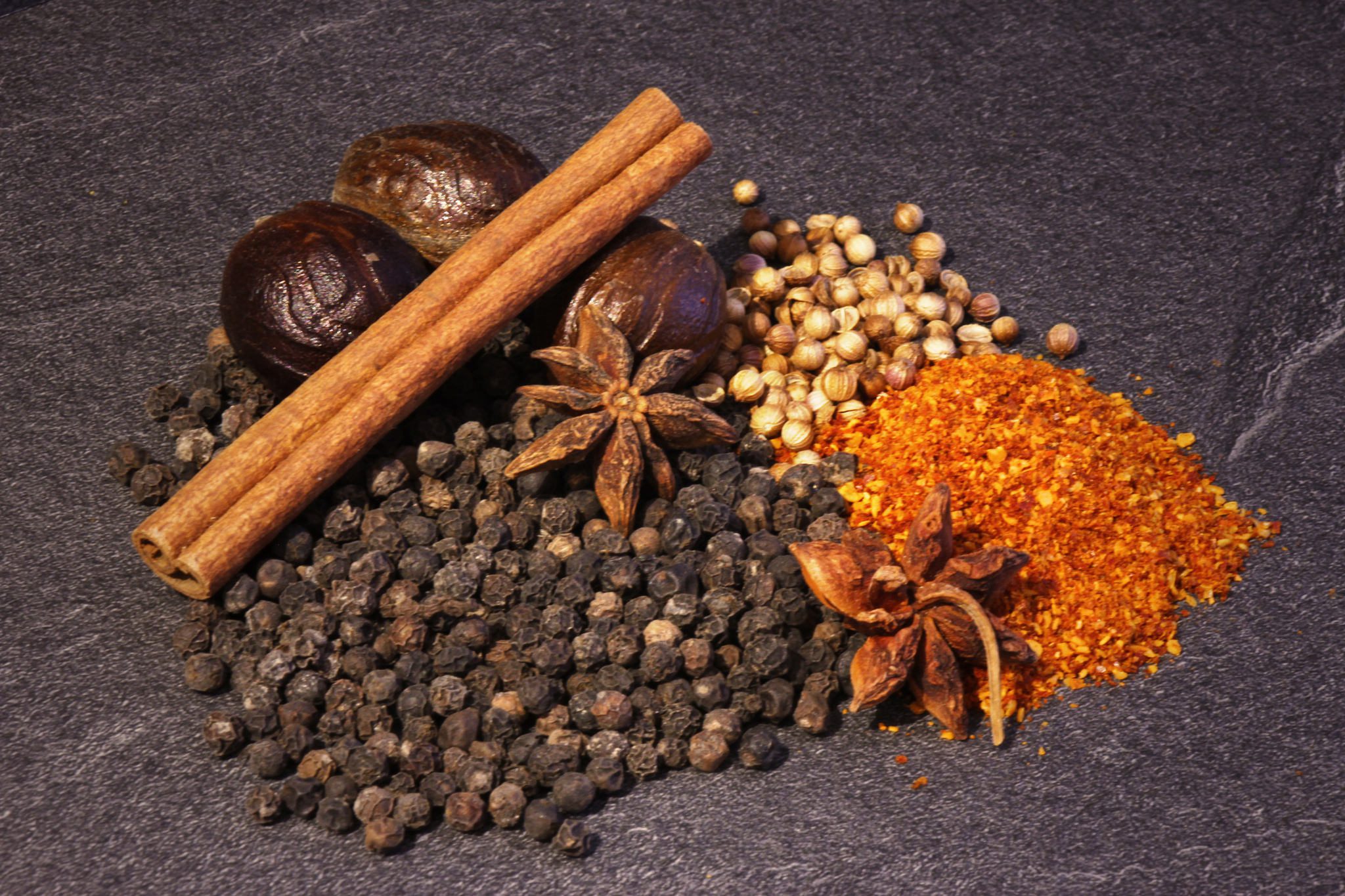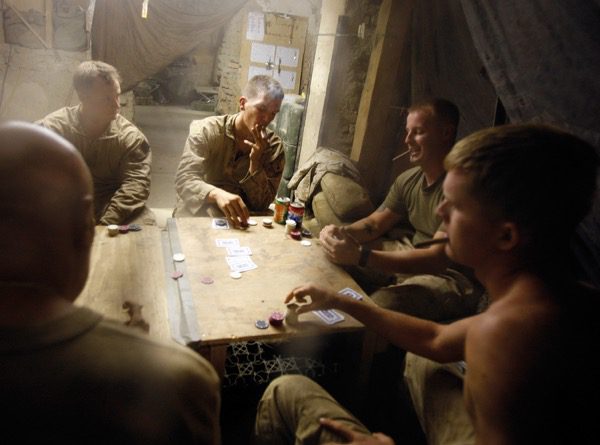
Will the American soldiers be deprived of cigars for Christmas?
25,000 premium cigars are offered monthly to US soldiers in combat zones to help Post-Traumatic Stress Disorder. This is the result of the work done over the last four years by the charity Cigars for Warriors. But the latest anti-tobacco regulations in the US may ban these donations.
by Armelle Vincent
Over the last four years, Cigars for Warriors has accomplished a small miracle. Created in 2012 by Army veteran Storm Boen, the charitable organization has managed to send 610 000 cigars to US troops stationed not only in the combat zones of Iraq and Afghanistan, but also in Kuwait, Africa and Qatar. “Studies by doctors and psychologists have shown that the benefits of smoking cigars on the mental health of soldiers far outweigh the health damage they may cause”, explains Boen. “The studies only confirmed what I already knew from experience, that is, cigars are the first remedy against PTSD (Post-Traumatic Stress Disorder). But it’s always beneficial to get the opinion of professionals”.
We met Storm last July at the IPCPR[1] Trade Show in Las Vegas. The Op: Cigars for Warriors booth was set up next to Drew Estates. Intrigued by the name and the look of its occupants, big dudes wearing tattoos and bandanas, who bore the signs of a past life spent in a uniform, we asked them what their organization was all about.
[1] International Premium Cigar & Pipe Retailers
IN WAR ZONES, CIGARS ARE THE ONLY PLEASURE ALLOWED
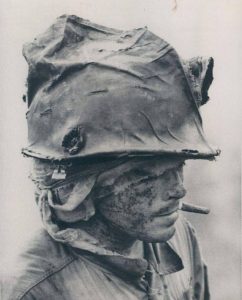
“I spent 18 years in the Army”, confirmed Storm, a tall and beefy bearded guy with an easy smile and mild manner. “I served in Iraq, Afghanistan and Somalia. I was shot eight times. When we were in combat zones and couldn’t drink alcohol, cigars were the only pleasure we were allowed to indulge in. When we were lucky enough to score some, we smoked. I soon realized it had a calming effect, not only on me, but on my comrades as well. Instead of dispersing at night to wallow separately in our own corner, we assembled around a cigar. Instead of staying in our own heads, we talked. It was convivial. It allowed us to let steam out and relax”.
For Storm, it was a revelation that made him decide to build a structure that would dedicate itself to supply cigars to the guys left behind when he came home for good. “People don’t know that soldiers love to smoke cigars because they assume they are for the rich or connected. So I had to inform and convince producers of that fact”.
He started by forming an online cigar group, which became the most important one in a matter of months. The goal was first for aficionados to exchange information, barter and review cigars. “Army wives had started to send cigars to their far-away husbands. It was becoming a trend. Guys swapped opinions on such and such cigars”.
After that, things evolved naturally. Storm and his veteran friends started contacting producers and cigar shops to entice them to donate cigars. The feedback was immediately positive. “I started receiving letters from mothers who were thanking me for sending their sons cigars. In turn, it pushed the producers to be more generous.” Op: Cigars for Warriors encourages soldiers to request cigars via its web site. The requests are then forwarded to the sponsors. It’s up to them to decide what contribution they wish to make.
400 DONATION CENTERS
Today, the organization works with 50 sponsors, 389 volunteers and 400 donation centers. It distributes between 23 000 and 25 000 Premium-only cigars every month. Last December, Drew Estates donated 40 000 cigars (on top on the 2000 it donates monthly); Oliva donated 35 000, Cigar International close to 38 000. Even Gurkha, which produces the most expensive cigars in the world, is on board. 250 cigars shops also participate in the program.
Nevertheless, things are not looking up, thanks to the new FDA regulations affecting the cigar industry as of August 8th 2016. Among them is the new interdiction to distribute free cigar samples. Says Cigars for Warriors’s Director of Operations Robert Allan: “The issue with the FDA regulations, in regards to retailers and manufacturers distributing free samples, and how it affects donations, is more one of interpretation. Although no specific FDA language prevents donations per se, some retailers and manufacturers are choosing to err on the side of caution, and are no longer donating to Cigars for Warriors through their interpretation of the FDA regulations and the 2009 Tobacco Control Act. As a result, our donations are down by 40%. The timing could not be worse, as it is coming at the worst time of year since we are attempting to ramp up operations for the holidays. Regretfully, we no longer have the inventory to fulfill all the requests from our deployed service members at this critical time of year.”
A CHARITY RECOGNIZED BY US ARMY
As far as understanding the new regulations, the confusion is great, as shown by the slightly different interpretation given by Storm: “The FDA regulation that was published does not prevent any company from donating to Cigars for Warriors. It places the whole of the cigar industry under the purview of the FDA and its Tobacco policy of 2009. This policy has deep within its bowels a single statement that says: no tobacco manufacturer can donate to a charity. This absolutely does not prevent tobacco shops and their customers from donating to Cigars for Warriors. We receive 65% of our donations from Cigar shops and other donation centers, and major events/festivals over the country. What we have also been informed verbally is that, the penalty for manufacturers to continue donating to the troops is a warning letter of Cease and Desist. Many manufacturers have continued to donate to us. There are quite a few Federal Senators and House of Representatives that are very angry over this and are seeking an exemption or a waiver for Military charities to be donated to. As we are the only federal military charity whose mission is to donate cigars, we are naturally getting a lot of calls for information and of course stats.”
The future will tell.
You might also like
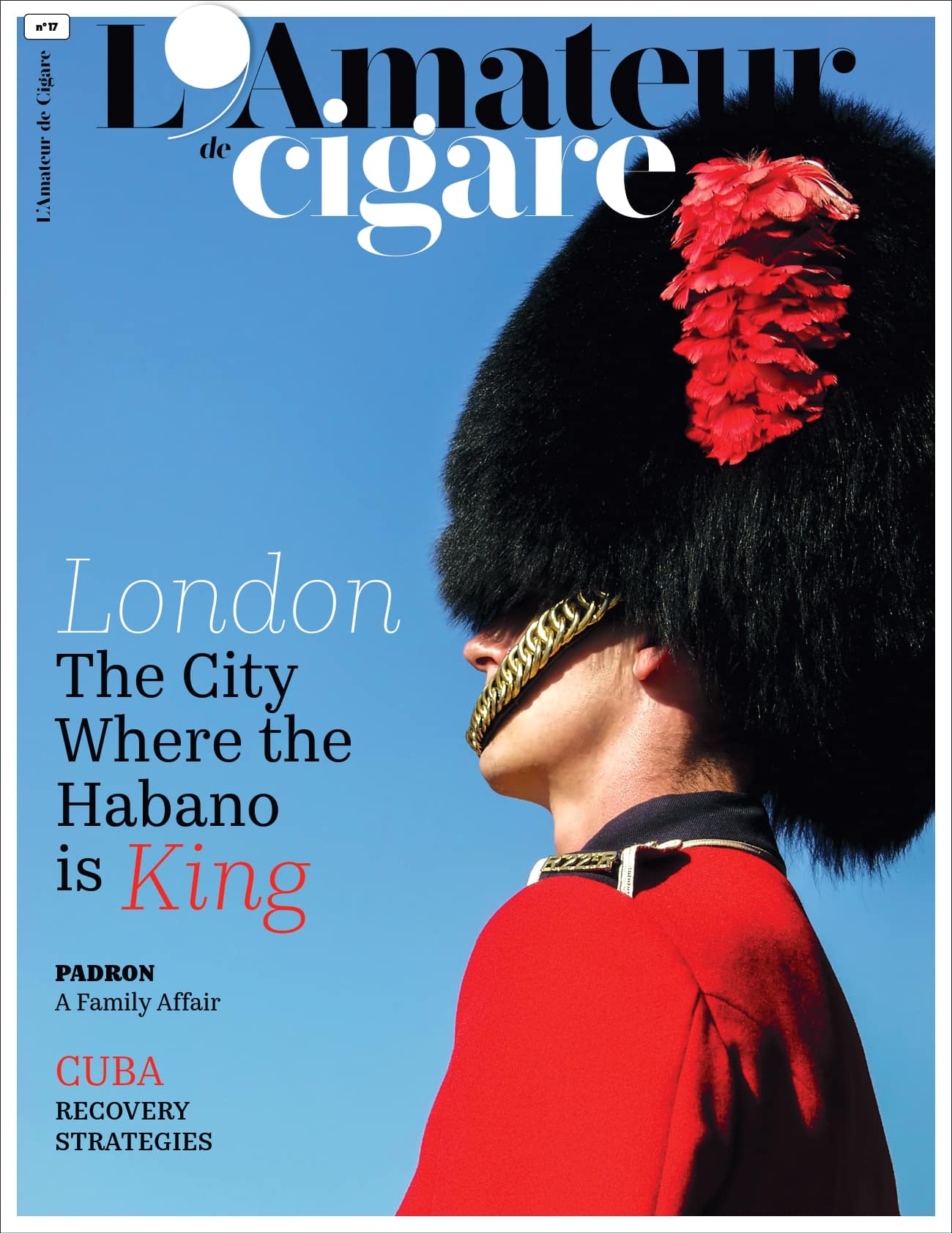
L’Amateur de Cigare English edition #17 is available for free
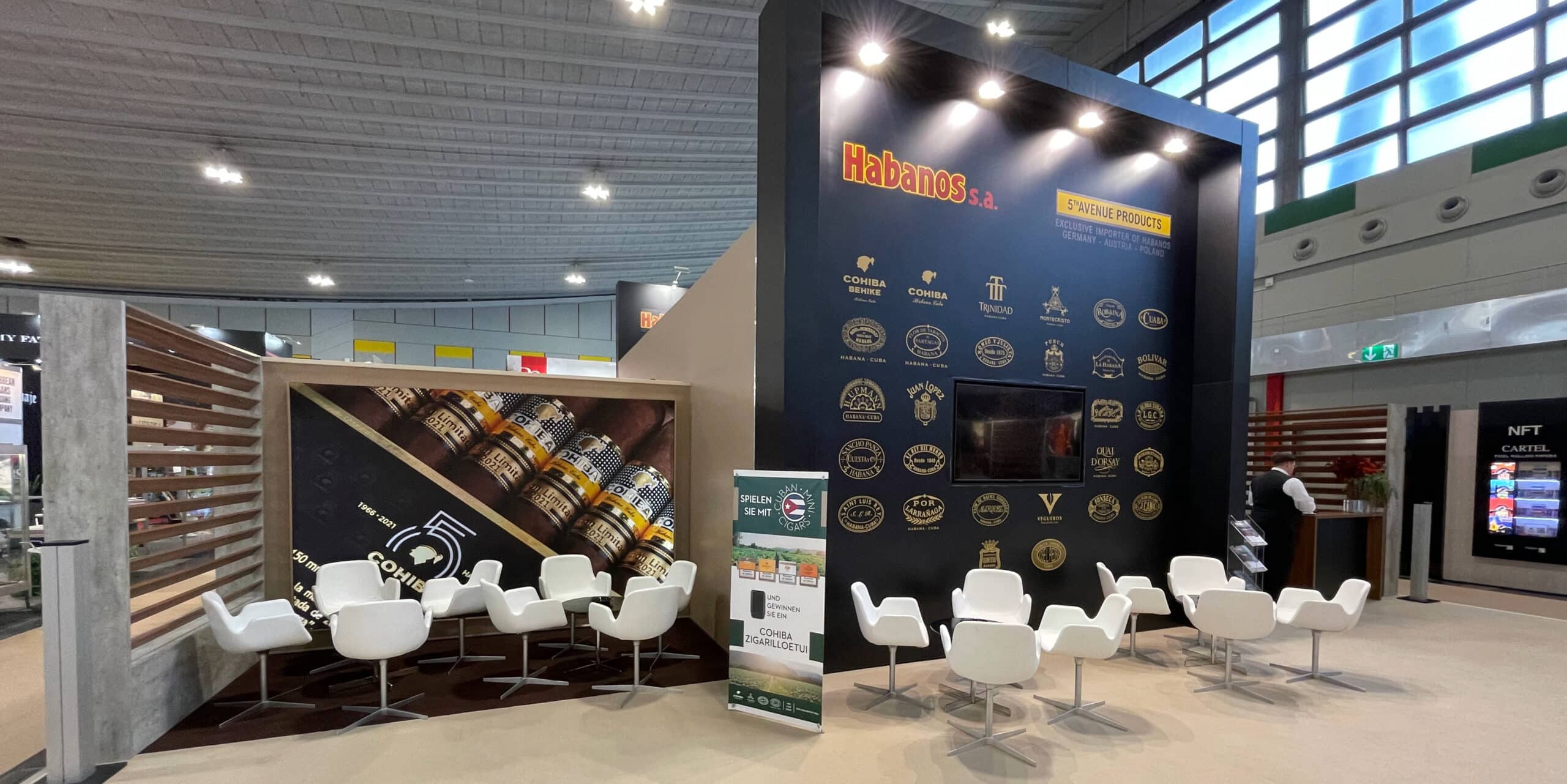
EXCLUSIVE Habanos S.A. will not take part to Intertabac Dortmund 2024

Birth of the Cigar Academy
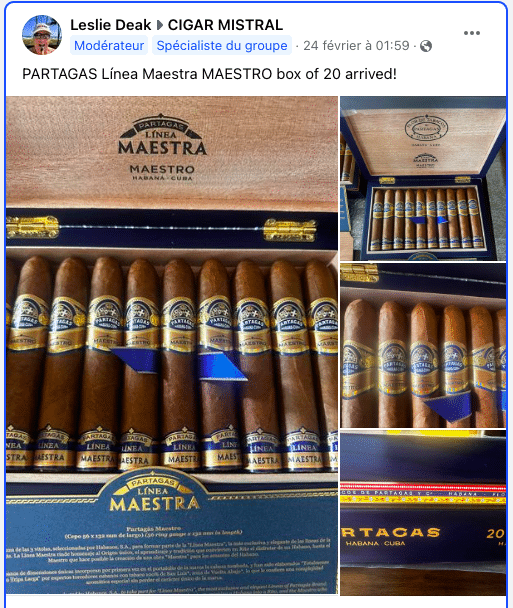
Partagás Línea Maestra: the first boxes appear in Cuba
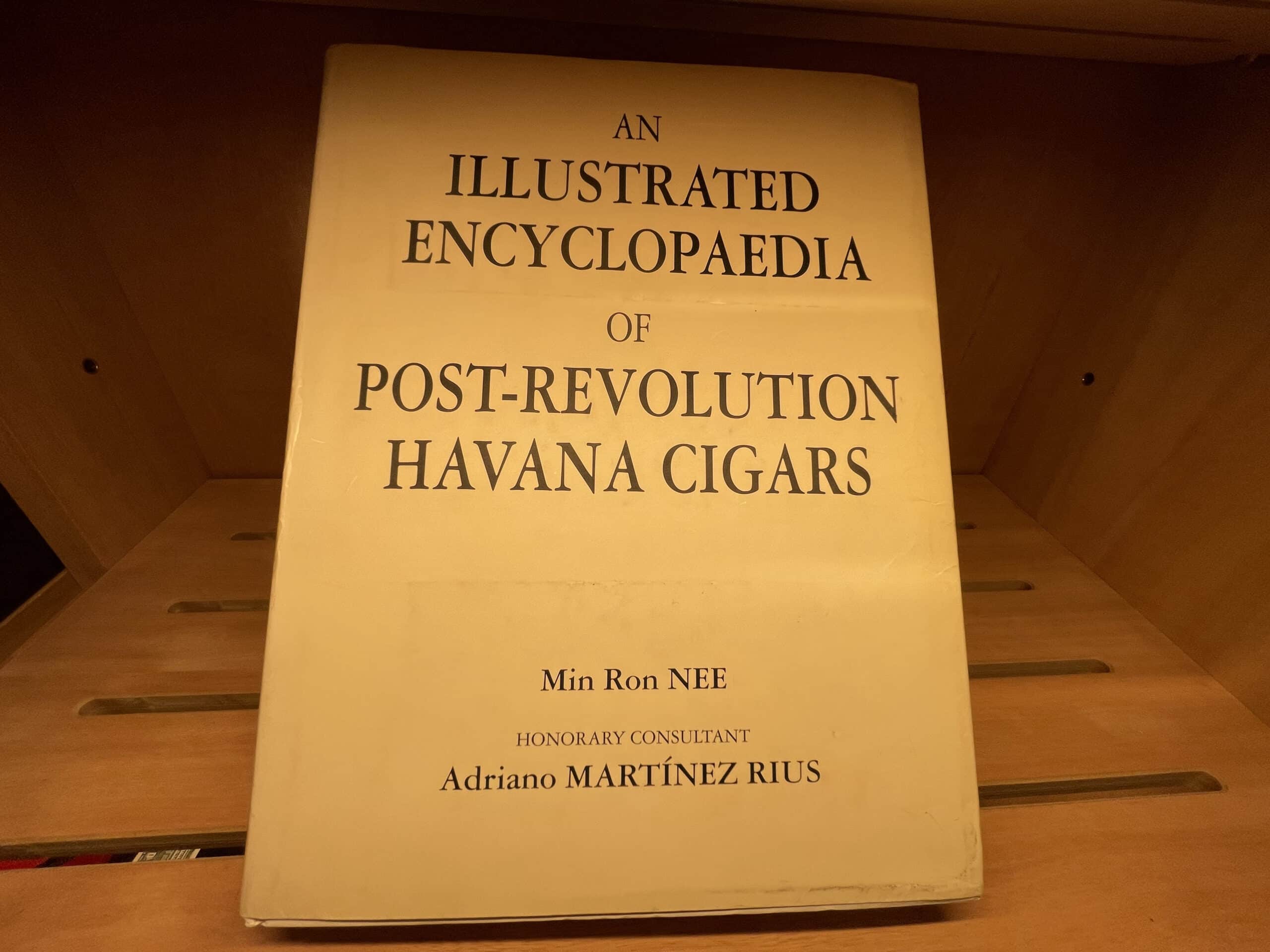
Min Ron Nee: death of a legendary collector
Current Issue
ADC English Edition 17
All the latest cigar news
